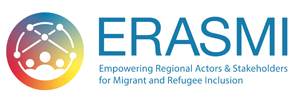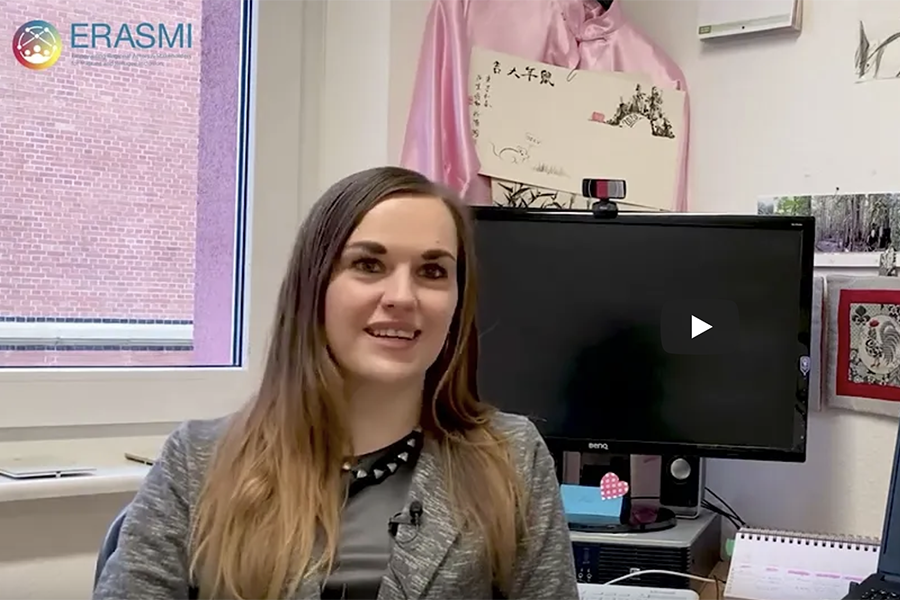Stronger bonds between hosts and migrants build more inclusive societies
Migrants have the potential to expand their own income, education, health and life choices, to fill labour gaps, create businesses, innovate and pay taxes in their host countries. They send remittances to their families left behind, investing and financing local development initiatives.
By extending a welcome, host communities can play a vital role in powering economic growth, reducing inequalities and connecting diverse societies. Host countries, often struggling with development challenges themselves, offer asylum, protection and safety to people fleeing danger.
At the same time, the numbers of people forcibly displaced as refugees, asylum seekers and internally displaced people has reached record highs. Images of thousands of people chaotically crossing borders has politicized the debate and led to policies aimed at stopping human movement.
Refugees often lack security, healthcare, and education. Their presence can add an extra burden to infrastructure, the employment market, and basic services, creating tensions with local populations. Without support to host communities, refugees can be subject to discrimination, exploitation, and gender-based violence.
The UN General Assembly has acknowledged the crucial link between human mobility and development in the Global Compact on Refugees and the Global Compact for Safe, Orderly and Regular Migration.
The four-yearly Global Refugee Forum and the High-Level Officials Meeting chart progress on delivering the Global Compact on Refugees. The first Forum was held in 2019, and the first High-Level Officials Meeting was 14 and 15 December 2021.
UNDP is working with governments and partners in about 45 countries that are either hosting large refugee populations, are vulnerable to forced displacement crises, or are encouraging people to voluntarily return.
Development solutions to forced displacement
Widespread violence in the Democratic Republic of the Congo has led to people being forced from their homes, especially in North Kivu, South Kivu, Ituri and Kasaï. The country also hosts half a million refugees from neighbouring countries.
UNDP works in partnership with the UN refugee agency, UNHCR, to provide humanitarian assistance, support integration of displaced people, strengthen local governance and improve people’s participation.
One project in Ituri helped people displaced by conflict integrate better into new communities by offering small business support, while another in Lake Kivu provides work and livelihood opportunities for vulnerable people while also tackling soil erosion.
Amineta’s family were able to buy a hand press to extract palm oil. She and her family have settled down in their new home. “After just two months of work, the list of orders keeps growing every day,” she says. “Our life is now in Mambasa. We have bought land and are constructing our home.”
UNDP is also assisting regional support platforms including the Regional Refugee and Resilience Plan to the Syria crisis. It addresses the needs of refugees and affected communities in Egypt, Jordan, Lebanon, Iraq and Turkey.
Sene is one of the 3.6 million Syrians refugees in Turkey. With the wage she earned during the summer cotton harvest, she rented land and started to cultivate and sell vegetables. The training she received allowed her to expand her business.
“Turkey has become a home for us and allowed us to earn an income,” she says. “My family would face more challenges without my support.”
To read more, go to https://reliefweb.int/report/world/stronger-bonds-between-hosts-and-migrants-build-more-inclusive-societies?fbclid=IwAR0vXNJtPALwF9LdaPvk0ExGMaEGrAf-zI4JwrDEHLXCW9ae152pfCRSmW0




